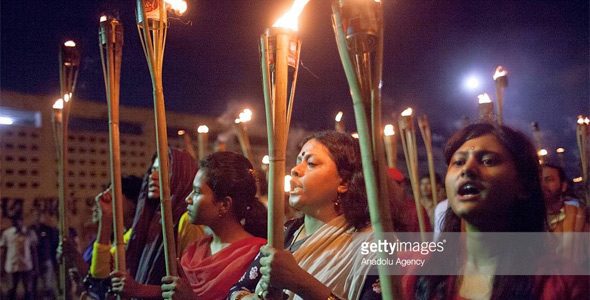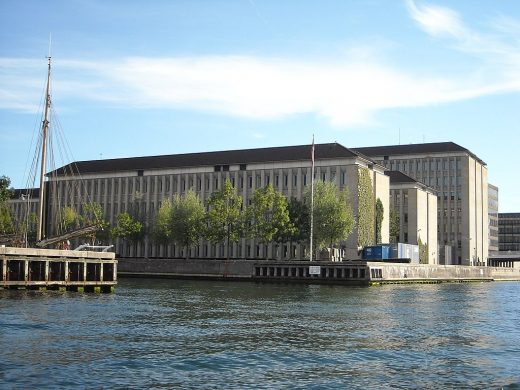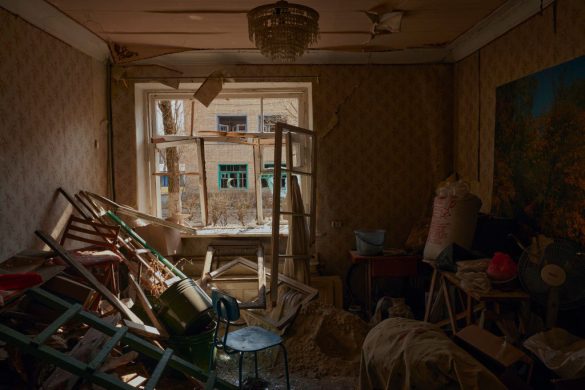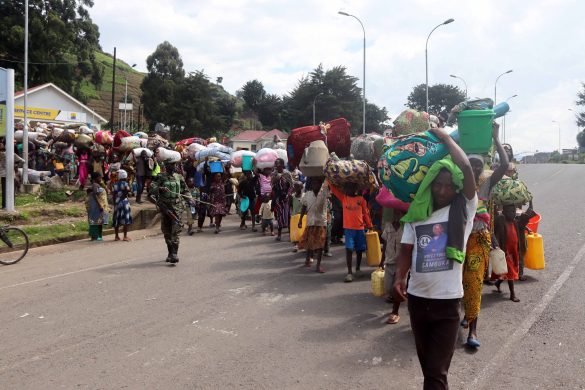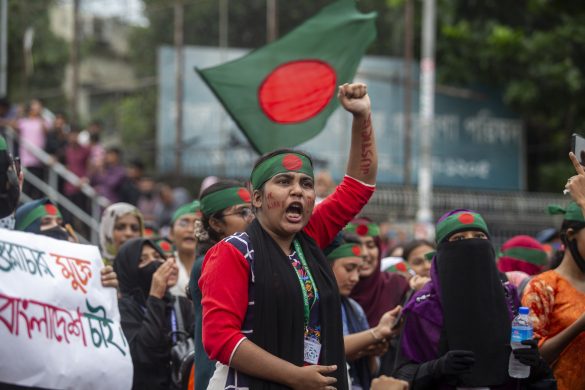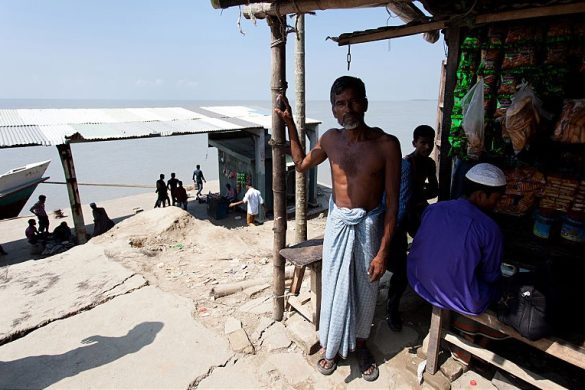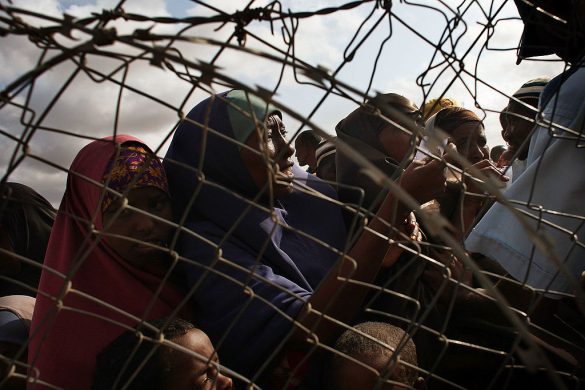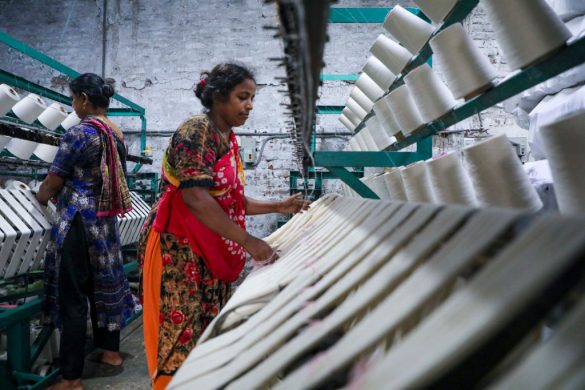The literary and artistic community in Bangladesh, including organisers of artistic festivals and filmmakers, face significant restrictions in exercising their right to freedom of expression, despite constitutional protections and Bangladesh’s obligations under international law, according to a new report by Freemuse, Drik, PEN International and PEN Bangladesh submitted to the UN Human Rights Council. Individuals that are members of the opposition, or explicitly critical of the government through their art are hit particularly hard, the report reveals.
Grundloven lever ikke op til international lov
The Constitution of Bangladesh recognises the right to freedom of speech and expression, which includes freedom of artistic expression. However, the Constitution itself, as well as many laws and regulations including the Information and Communication Technology (ICT) Act, the Bangladesh Penal Code and the Anti-Terrorism Act, condition the exercise of this right to the adherence to moral, political and religious codes, not consistent with international law ratified by Bangladesh, is a party.
“Bangladesh has a rich and diverse artistic tradition and must not fall further behind international standards protecting creative expressions, even when such expressions touch upon sensitive moral, political and religious issues,” said Freemuse Executive Director Dr Srirak Plipat. “Bangladesh should amend all provisions that criminalise defamation, as well as expressions alleged to be obscene, hurt religious feelings or insult foreign states.”
Mord og angreb på ytringsfrihed skaber frygt
“The killings of bloggers and publishers who wrote on issues of religion, secularism, atheism, justice for war crimes and sexuality, by Islamic fundamentalist groups, and the heavy handed response by the government, have significantly contributed to a climate of fear and self-censorship among secular writers and within the broader artistic community – this fear contributes, in turn, to the shrinking of space for civil society voices,” said PEN International Director of International Programmes Romana Cacchioli.
“Given the role Bangladeshi artists have played in the liberation of Bangladesh and in establishing democratic values, it is ironic that a culture of intolerance has created an environment where self-censorship is the norm, and the law, rather than protecting the citizen, is being used to suppress dissent,” said Dr. Shahidul Alam, managing director of Drik.
Earlier this year, in connection with a UPR workshop held in Dhaka with local artists, journalists and human rights advocates, Freemuse and Drik met with the Minister of Cultural Affairs Asaduzzaman Noor, who offered to set up an inter-ministerial meeting to address some of the challenges facing artists in Bangladesh.
The report presents a total of nine specific recommendations on how to improve the situation, including repealing section 57 of the ICT Act, ensuring police provide adequate protection, eliminating discrimination against female artists, and promoting a tolerant society where writers, artists and audiences are free and safe to express themselves creatively and participate in cultural events.
The report was filed on 5 October ahead of Bangladesh’s third cycle Universal Periodic Review – the UN system’s official mechanism for reviewing all member states’ human rights records in cycles of four-and-a-half years. The review will take place in Geneva in May 2018.

